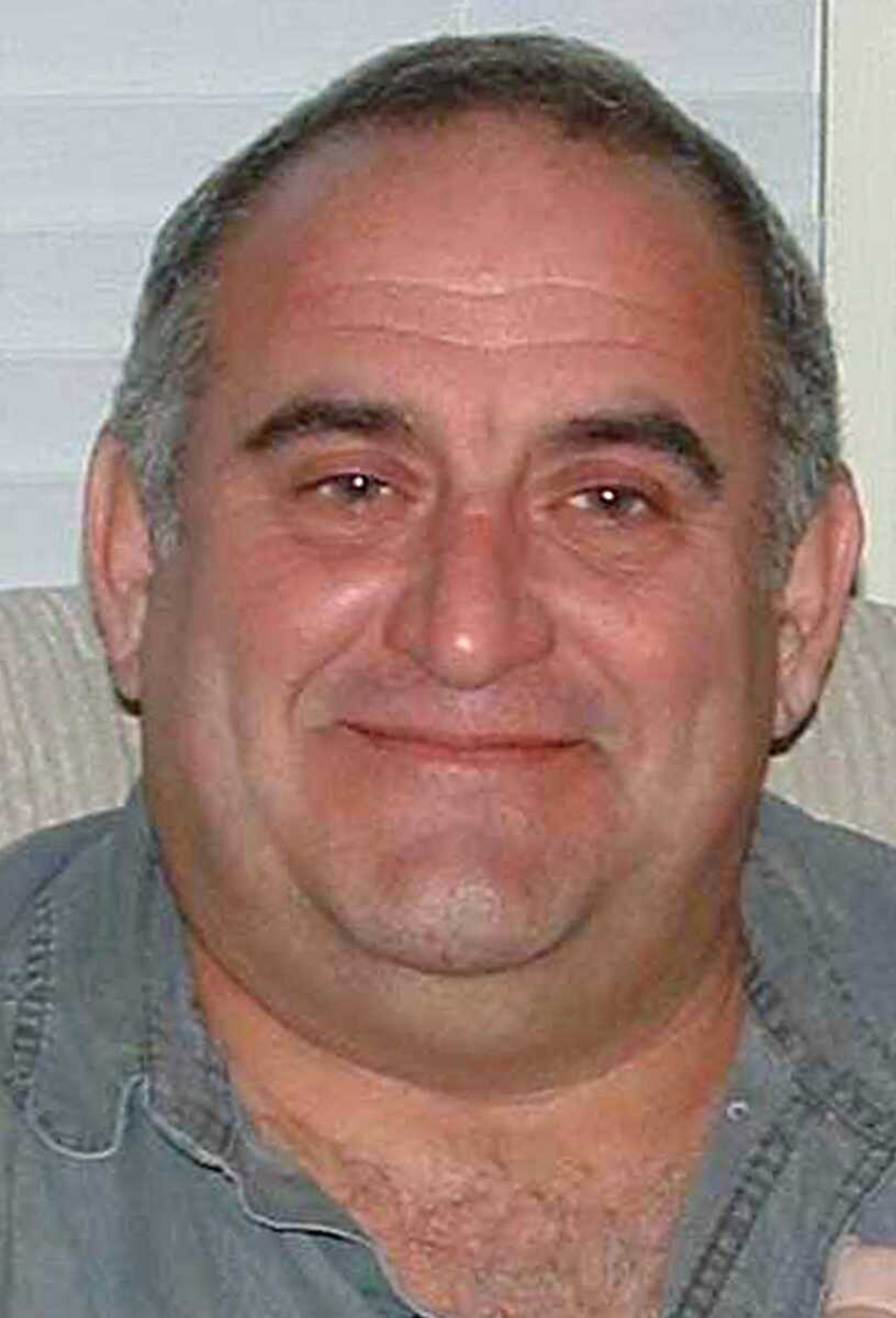Missourian on trial in Myanmar hospitalized
YANGON, Myanmar -- An American facing up to five years in jail for entering the house of Myanmar democracy leader Aung San Suu Kyi has been hospitalized after suffering seizures, a week before a court is expected to issue a verdict in his case...
YANGON, Myanmar -- An American facing up to five years in jail for entering the house of Myanmar democracy leader Aung San Suu Kyi has been hospitalized after suffering seizures, a week before a court is expected to issue a verdict in his case.
John Yettaw, 53, was admitted to Yangon's main hospital Monday, and his condition is improving, according to hospital sources who spoke on condition of anonymity for fear of reprisals in the military-run nation. The U.S. Embassy confirmed he had been hospitalized.
Yettaw's health problems -- he has epilepsy -- risk delaying trial proceedings already hit by protracted disputes over how many witnesses could appear for the defense. Most recently, judges said Friday they needed more time to sort through legal issues. Their verdict is now due next Tuesday.
Suu Kyi could also be imprisoned for five years, as could two companions who lived with her. The 64-year-old Nobel Peace laureate is charged with violating the terms of her house arrest for allowing Yettaw to stay for two nights at her Yangon residence.
Critics say Myanmar's military regime has seized upon the intrusion as an excuse to keep Suu Kyi jailed through next year's scheduled elections, the country's first in nearly two decades. The last vote in 1990 was swept by Suu Kyi's party but the junta refused to relinquish power.
Yettaw, of Falcon, Mo., testified that he swam to Suu Kyi's house to warn her that he had a vision she would be assassinated.
As well as epilepsy, he reportedly has diabetes and other health problems, including post traumatic stress disorder from his time in the U.S. military.
According to his wife Betty Yettaw, the devout Mormon received a head injury during his Army service that caused blackouts and later seizures.
His lawyer Khin Maung Oo said earlier that Yettaw had been kept in the hospital of Insein prison so authorities could monitor his health.
"The news was that he had some seizures. This is ongoing with him," U.S. Embassy spokesman Richard Mei said. "He has long history of epileptic seizures. He is being treated and this is what we know."
Mei said that the embassy's consular officer, Colin Furst, attempted to visit Yettaw at the hospital Monday morning but was not allowed to see him.
Associated Press interviews with people who know Yettaw reveal a man with a troubled past, strong Christian beliefs and a compulsion to comfort the afflicted. During the last hearing on Friday, Yettaw appeared in good spirits and walked around the court room saying, "I Love You," to everyone.
A former wife of the American, Sharon Yettaw, who lives in the Los Angeles area, said his hospitalization in Myanmar just added to her worries for him.
"I wish I could get a message to him to say that I wish him well, and that I'm praying for him," she told AP. "John's kind, you know. And all of this trouble he's brought to this woman (Suu Kyi) probably troubles him a lot."
"He doesn't want to bring anybody any harm. He doesn't want to bring trouble into anybody's life. He was hoping to save her life."
While there has been little speculation about the court's verdict in Yettaw's case, many diplomats expect Suu Kyi to be found guilty and she herself has said the court's decision was already "painfully obvious."
Suu Kyi's full testimony in the mostly closed-door trial was released Monday for the first time by her party, the National League for Democracy. In it, she said that the verdict in her case will be a test of "the whole of legal, justice and constitutional system in our country."
Suu Kyi said that she had allowed the American to stay in her home "without malice, simply with intent to ensure that no one concerned should suffer any adverse consequences."
Although defended by Suu Kyi, Yettaw has been called a fool and a madman by some of her supporters.
The charges against Suu Kyi, who has been detained for 14 of the last 20 years and was under house arrest at the time of the incident, have refocused international outrage on Myanmar, which has been ruled by its military since 1962. The regime is believed to hold hundreds of political prisoners.
Both Western nations and less critical Asian neighbors have criticized the regime's actions and urged Suu Kyi's release. Suu Kyi's lawyers have argued that the repeated extensions of her house arrest were illegal and that she is being tried under a provision of a constitution that has been superseded.
--------
Associated Press writer Maria Fisher contributed to this report from Kansas City, Missouri.
Connect with the Southeast Missourian Newsroom:
For corrections to this story or other insights for the editor, click here. To submit a letter to the editor, click here. To learn about the Southeast Missourian’s AI Policy, click here.









